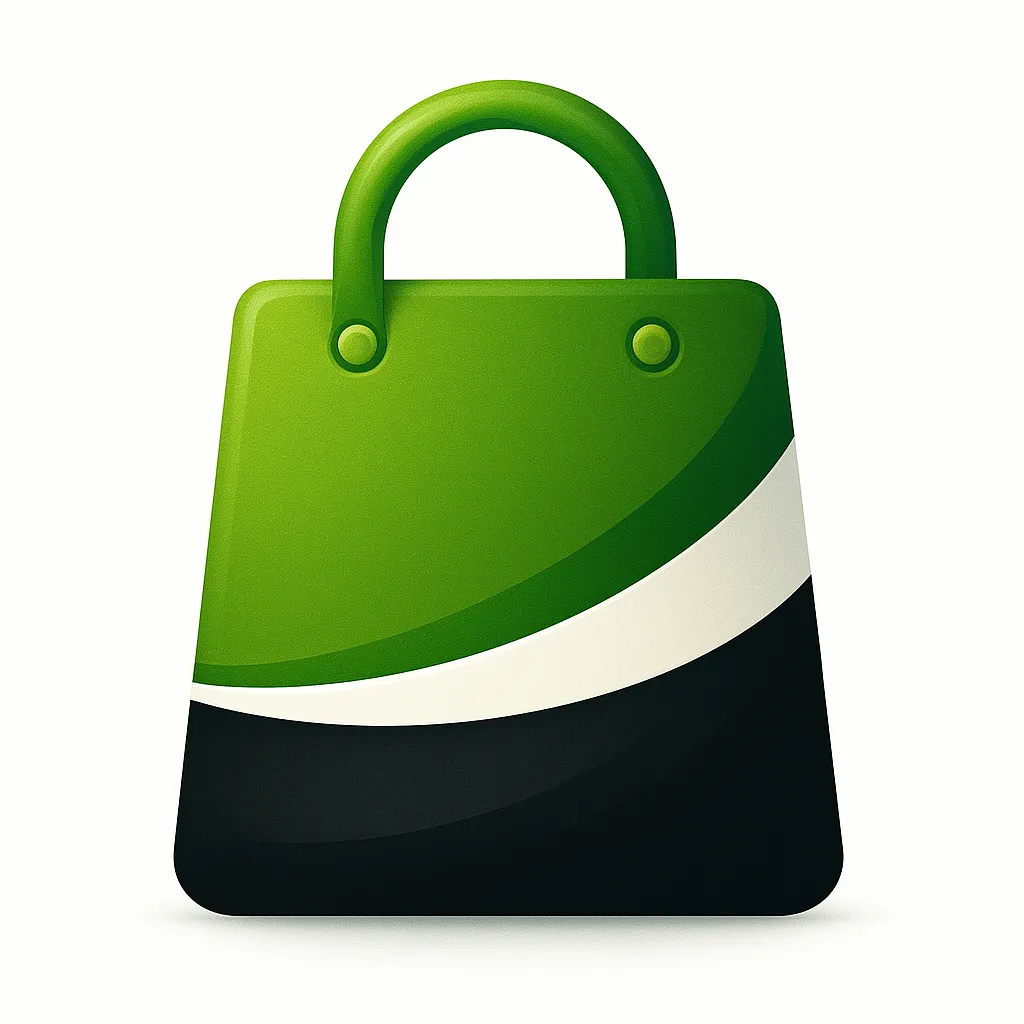Cybersecurity attacks are rising! We explore healthcare breaches, state vulnerabilities, and presidential actions. Learn from a CIA hacker's tips: 2FA, notifications, security apps, and minimizing apps to protect ourselves. #Cybersecurity #DataBreach #Privacy #CyberAttack #OnlineSecurity #SecurityTips #TechNews #HIPAA #Ransomware #NBCNews
Show More Show Less View Video Transcript
0:01
Cyber security attacks are rising,
0:03
affecting health care agencies. One of
0:05
the nation's largest health care
0:07
providers is under siege, local
0:09
communities. Some services for the city
0:11
were impacted after a cyber security
0:14
breach today and even schools in the
0:16
classroom, schools cyber attack. Just
0:19
weeks ago in Massachusetts, Fall River
0:22
schools hit with a ransomware attack.
0:24
Mayor Paul Kugan of Fall River spoke
0:26
with our affiliate WJ. I believe they
0:29
got into an old website and were able to
0:32
access information that might have been
0:34
a little bit dated but is still valuable
0:36
to the district. The mayor also saying
0:38
the data breach included names,
0:40
addresses, and even social security
0:42
numbers. A threat we all face in an age
0:45
of increasing cyber attacks. I don't
0:47
know if you're seeing the text spam
0:48
about the toll being unpaid or I've
0:51
gotten that multiple times. If you're
0:53
getting it multiple times and the
0:55
frequency is so high, there's one
0:57
reason. It's working. I'm sure you've
0:59
gotten it too. It says you've got an
1:01
outstanding toll and asks you to exit
1:03
out of the text message and paste a link
1:05
into your browser. That's when they get
1:08
access to your information, says Eric
1:10
Cole, a cyber security expert and former
1:12
CIA hacker. They're not going to go in
1:15
and basically uh steal your identity.
1:17
That's too visible. What they're going
1:19
to do is over the next six or seven
1:21
months is they're going to take5 or $10
1:25
from your account and showing it as
1:27
interest. And they hope you won't
1:29
notice. Many of us pour over our credit
1:31
card statements with a fine tooth comb.
1:33
And it all comes as the president moves
1:34
to decentralize cyber security with an
1:37
executive action seeking to shift more
1:39
responsibility to the states to achieve
1:42
efficiency. Because you're basically
1:43
saying we don't want to handle it at a
1:45
federal level. We want to push it down
1:47
to a state level, but then we're going
1:49
to pull back funding so you actually
1:51
have less money and less resources to
1:53
put against it. We reached out to the
1:54
White House about the critique and an
1:56
NST spokesperson responded, saying in
1:58
part this, "The American people deserve
2:00
decisive and unambiguous action during
2:03
crisis, not red tape or prolonged
2:06
disruptions to their way of life,
2:08
adding, we will institute common sense
2:10
approaches." The healthcare industry has
2:12
consistently faced the most data
2:14
breaches with 2023 and 2024 being the
2:18
worst years yet, according to an
2:20
analysis from the HIPPA Journal. Couple
2:23
that with a nonprofit center for
2:24
internet security saying only about half
2:27
of states in a nationwide cyber security
2:29
review met recommended security levels.
2:32
These attackers are not rogue entities.
2:36
They do marketing. They do competitive
2:38
research. They do analysis. So these
2:40
attacks are not just random targets
2:43
anymore. And if you aren't the target,
2:45
you can get swept up in it. So how do we
2:48
protect ourselves? According to Eric
2:49
Cole, our cyber security expert and
2:51
former CIA hacker, he says there's four
2:53
primary ways to protect ourselves. One
2:56
is two-factor authentification. So when
2:58
you're logging into your bank accounts
2:59
andor your credit card accounts, you
3:01
have two factor authentication to make
3:03
sure you have the utmost um security.
3:06
Number two is uh having your
3:08
notifications turned on. So, every time
3:09
you're spending on your credit card or
3:11
your bank accounts, um you're making
3:13
sure you're getting a ping on your phone
3:14
saying, "Hey, this is what you just
3:16
spent." So, if something suspicious
3:17
comes through, you can identify it
3:19
immediately. Number three is purchasing
3:21
a security application for your device.
3:24
And then number four is minimizing apps.
3:26
Something I didn't know, by the way,
3:27
which is the more apps you have on your
3:30
phone, for instance, the more vulnerable
3:33
you are. So, just a lot of things to
3:35
consider here when thinking about how to
3:36
protect ourselves and our devices in an
3:39
age of cyber attacks. Thanks for
3:41
watching. Stay updated about breaking
3:43
news and top stories on the NBC News app
3:46
or follow us on social media.
#Computer Security
#Hacking & Cracking
#Technology News


